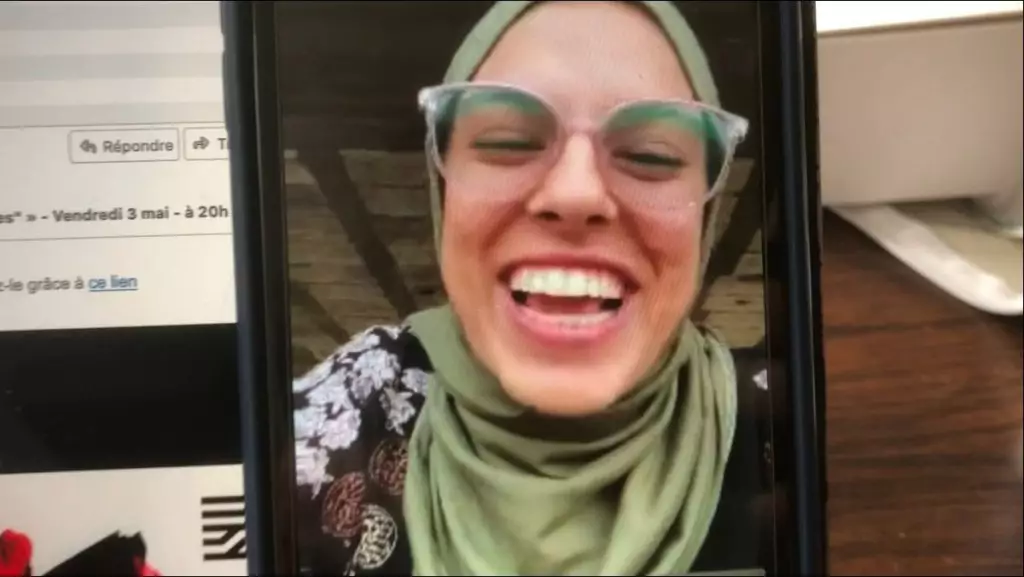The recent heart-wrenching death of Fatima Hassouna, a Palestinian artist and photojournalist, underlines the deadly intersection of art and conflict in today’s world. Fatima was killed during an Israeli airstrike on April 16, 2023, alongside nine family members in Gaza City. At the young age of 25, she became a voice for the marginalized and a witness to the heart-wrenching daily struggles faced by inhabitants of Gaza—a testament to her dedication and bravery in the face of escalating violence.
Her work, immortalized through the documentary featured at the Cannes Film Festival’s ACID section, showcases the dire human conditions inflicted by prolonged military conflict. The festival’s statement honoring her legacy poignantly reflects a collective sense of loss extending beyond the film community; it resonates with anyone who recognizes the powerful role art plays in illuminating harsh realities.
Art as a Beacon of Humanity
Hassouna is not just another casualty of war; she embodies the spirit of resistance against oppression. In her short life, she focused on capturing the resilience of her people amidst chaos. With the film “Put Your Soul On Your Hand and Walk” directed by Sepideh Farsi serving as a platform for her story, the Cannes Festival aims to ensure that her voice echoes. In many ways, the screening is an emblem of defiance against forgetting, highlighting how artistic expression acts as a bulwark against the brutal realities of war.
The tragic loss of artists like Hassouna should catalyze critical conversations about art’s role in activism. It alerts us to understand that each photograph, every narrative captured, transcends aesthetics; it becomes an archive of suffering, resilience, and the fight for dignity. Films about such stories not only memorialize lost lives but also awaken global awareness.
The Brutality of Statistics
The current statistics surrounding the Israeli-Palestinian conflict are staggering and deeply chilling. The ongoing conflict has claimed over 51,000 lives as reported by the Gaza health authority, with the grim likelihood that the numbers may be even higher. A community’s fabric frays as over 90% of Gaza’s population experiences displacement—an exodus marked by fear, uncertainty, and loss. This relentless cycle of violence creates a grotesque landscape where human lives are quantified in stark numbers, stripping away their narratives.
As viewers, consumers of media, and the film-watching public, we must engage actively with these harsh numbers. Instead of viewing them as mere statistics, we should understand that they represent real people—families, artists, and creators who contribute richly to the tapestry of humanity. Fatima’s story is not just her own; it reflects countless other lives shattered by conflict.
Memory and Resistance
The homage to Fatima Hassouna at the Cannes Film Festival serves a dual purpose. It honors her life while also insisting that global audiences confront the uncomfortable truths surrounding war. Remembering her and others like her becomes a form of resistance against the violence that seeks to erase their stories.
In the grand narrative of conflict, artists are not passive observers; they are active participants and narrators. Fatima’s legacy urges us to keep the dialogue open about the ongoing crisis, compelling us to see the individuals behind the statistics. By doing so, we elevate the conversation from mere acknowledgment of tragedy to a powerful call for change and humanity.
